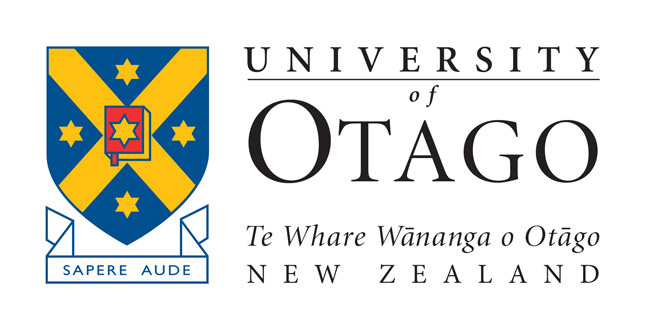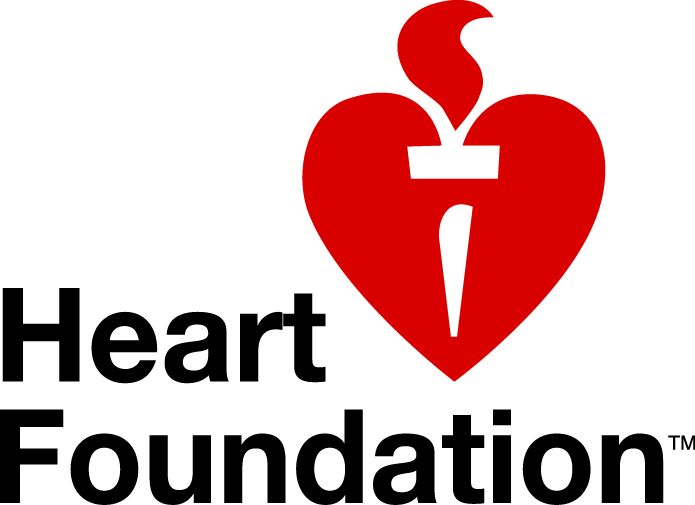He Kai Ora, He Oraha Manawa
Kia ora, Kia orana, Talofa, Malo e lelei, Fakaalofa atu, Malo ni
This is a research study to find out if a 12-week food delivery of foods high in healthy fats or high-fibre foods helps improve people's heart health after a coronary event (such as a heart attack).
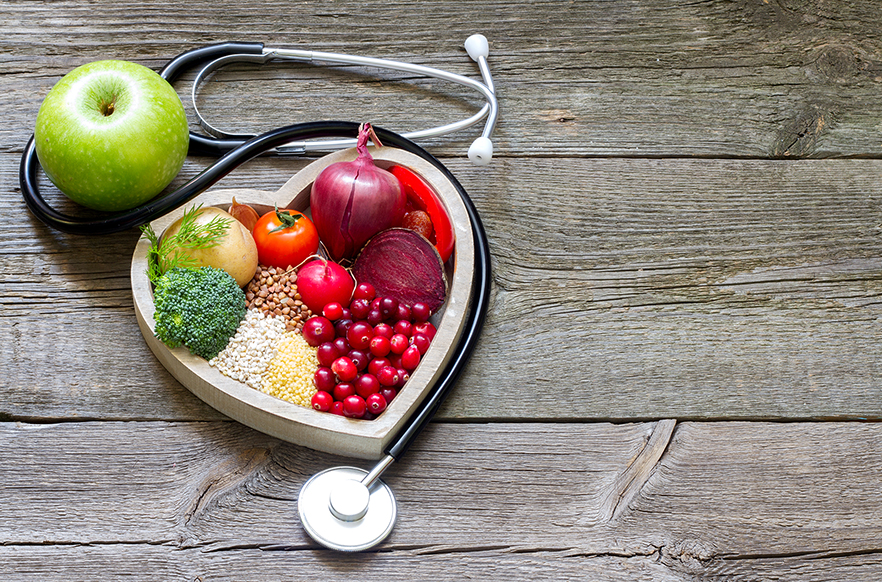
This study is now fully recruited, with the last of our participants finishing the 12 weeks free groceries in December 2023. We expect to start sharing the results of the study in early 2024.
Who can join the study?
We aimed to have 300 people join this study who:
- Have had a coronary event (such as a heart attack) in the last 6 months
- Are aged 18-80
- Can receive a weekly food delivery to your home for 12 weeks
- Live in Otago, Canterbury or Southland
Why join the study?
Your heart health may be improved by joining this study (though there is no guarantee of this).
You will be contributing to research that helps us understand how to improve heart health.
The study was free to join. People received either
- A weekly delivery of free food for 12 weeks or
- A $100 grocery voucher once you reach 12 weeks
An additional $25 grocery voucher will be given to all participants when they complete the 24-week questionnaire, and a further $40 will be given to all participants when they complete the 1 year + 3 month questionnaire.
What happens if I joined the study?
It does not cost you anything to join this study.
If you decided to join the study, we will ask you to:
- Fill in the following forms online (this will take up to 60 minutes)
- Consent form
- Answer some questions about
- you – ethnicity, age, etc.
- the food you eat
- your physical activity
- your health history
- your medication
- alcohol and smoking
- Fill in a food diary for 4 days
- Visit an SCL clinic to get a blood test, and be weighed
- Collect a faecal (poo) sample from your used toilet paper, and send to us via pre-paid mail
- You will then be put into one of three groups shown below. You have an equal chance of being in any of the three groups. You don't get to choose which group you are put into.
| Group 1: Grocery voucher group | Group 2: Healthy fats grocery delivery | Group 3: High-fibre grocery delivery |
|---|---|---|
| You participate in the study but don't receive groceries. Instead, you receive a $100 voucher after 12 weeks. | You receive weekly delivered groceries of seeds, nuts, tinned fish, avocados, margarine and olive oil for 12 weeks. | You receive weekly delivered groceries of wholegrains, bread, vegetables, fruit and tinned beans for 12 weeks. |
- In weeks 2, 4, 6, 8 and 10:
- Fill in a 5-minute online survey about the food you eat
- In week 12 (3 months):
- Fill in a 60-minute online survey
- Fill in a food diary for 4 days
- Visit SCL to do a blood test and be weighed
- Collect a faecal sample (this is optional) and courier this back to us
- In week 24 (6 months):
- Fill in a 60-minute online survey
- Fill in a food diary for 4 days
- A $25 grocery voucher will be given to everyone who completes the food diary and online survey
- In week 64 (1 year + 3 months)
- Fill in a 60-minute online survey
- Fill in a food diary for 4 days
- A $40 voucher will be given to everyone who completes the online questions
One on one discussions
Some people, though not everyone, will be invited to talk with a researcher by Zoom, to discuss what types of food they eat. This is optional.
Research study timeline
| When you join | Week 2/4/6/8/10 | Week 12 (3 months) | Week 24 (6 months) | Week 64 (1 year + 3 months) | |
|---|---|---|---|---|---|
| What we ask you to do | |||||
| SCL Lab |
Blood test Weight |
Blood test Weight | |||
| Online questions | 1 hour | 10 minutes | 1 hour | 1 hour | 1 hour |
| Food diary | for 4 days | for 4 days | for 4 days | for 4 days | |
| Optional |
Faecal sample Zoom discussion |
Faecal sample Zoom discussion | |||
| What we give you | |||||
| Grocery groups | Weekly groceries delivered | $25 voucher | $40 voucher | ||
| Voucher groups | $100 grocery voucher | $25 voucher | $40 voucher | ||
Tell me more about the groceries
This study tests whether the food provided improves heart health. Therefore, participants must be willing to eat the foods provided for 12 weeks.
If you are put one of the groups that receives the food, you will receive either:
- Groceries high in healthy fats – seeds, nuts, tinned fish, avocados and olive oil;
- or high fibre groceries – wholegrains, bread, vegetables, fruit and tinned beans.
The groceries provided will be food basics that you can eat in any way you like. We do not provide a meal plan, or specific recipes for each week, but suggest you find ways that you enjoy incorporating the food into your diet. The Heart Foundation recipes might be a useful resource for you. However, it doesn't matter if you don't know how to cook; these foods are easy to prepare. It is likely that you will still need to buy other groceries during these 12 weeks.
Can I share the groceries?
We understand that eating is often a family event. We will give you enough groceries to share with the others in your household, so you can choose to use the groceries to make the shared meals for your family / whānau.
What if I don't like some of the groceries that are provided?
Participants must, in general, be willing to eat the groceries provided. But if there are certain foods you do not like, that is fine, you can give those foods away.
Do I need to eat all the groceries provided?
You do not need to eat all the groceries provided. If you live alone, there will be more groceries than one person can eat.
If there are more groceries than you need, you can choose what you would like to do with the left-over groceries. You could give the groceries away or store them for later use.
When and where are the groceries delivered?
Groceries will be delivered every Saturday for 12 weeks.
We may not be able to deliver to some rural addresses.
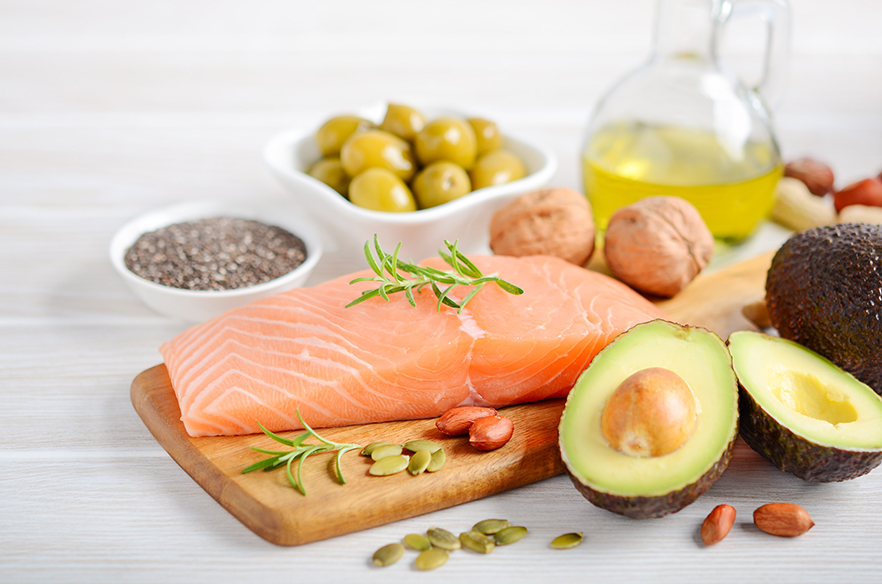 Example of foods high in healthy fats.
Example of foods high in healthy fats.
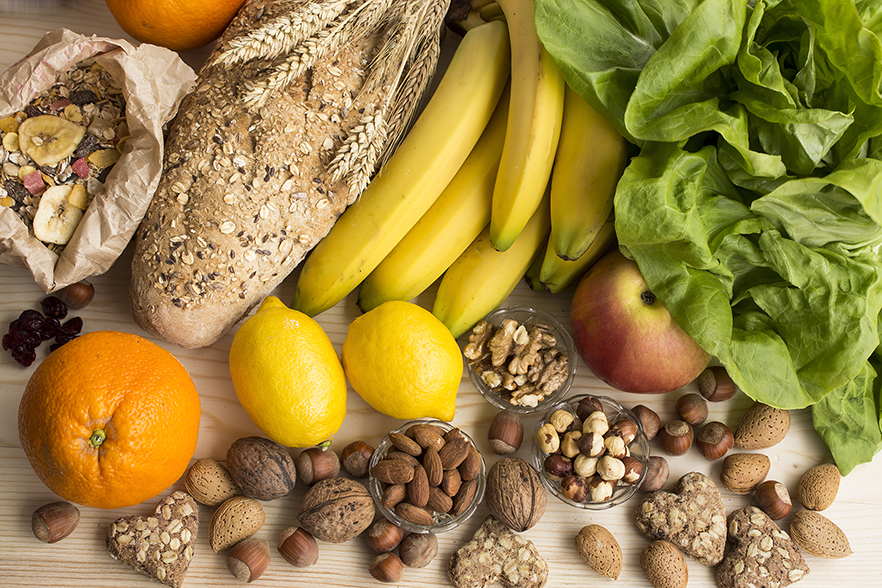 Example of high-fibre foods.
Example of high-fibre foods.
What equipment do I need to be part of this study?
You don't need any special equipment, you just need internet access and an email address or a smart phone. We will ask you to complete the questionnaires online, in your own time. Emails with a link to the online questionnaires will be sent to you throughout the study.
As much as possible, this study will be run online to minimise any risk to you if there is a future COVID‑19 outbreak. Blood tests will be taken at Southern Community Laboratories ( SCL ) lab for this reason. However, the research team is here online to help with participating in the study.
What is a food diary?
You will be asked to record everything you eat and drink for 4 full days at:
- the beginning of the study,
- 3 months,
- 6 months,
- 1 year + 3 months.
We will ask you to record your food diary using the Research Food Diary app on your smartphone. If you do not have a smartphone, we will send you a paper copy to fill in. If you don't enjoy filling out details on what food you have eaten, this study may not be for you.
Download the Research Food Diary app on your iPhone, iPad, etc
Download the Research Food Diary app on your android phone (Samsung, Huawei, etc)
Do I have to collect a faecal (poo) sample?
We would really like to better understand how your microbiome (the bacteria living inside your colon) respond over the trial. The best way to do this at the moment is with a faecal sample.
Collecting a faecal sample is not as troublesome as you may think. It is done by wiping your used toilet paper with a small cotton bud-sized collector that we provide, enclosing the collector within a container, and mailing it away. These samples are attached to your study ID number and not your name, and are sent to be assessed in Australia. These samples are completely destroyed in the process. While we would like it if all participants collect a faecal sample at the start and end of the study, we understand that this process, or sending the samples to Australia, might be an issue for some. This is why on the consent form that you sign to join the study, there is a “yes” or “no” box to indicate whether this is something you are willing to do.
This is your decision and you are not disadvantaged if you decide not to collect a faecal sample.
Storing a blood sample for future use
When you are taking part in the Healthy Food for Your Heart Study you can choose to let us collect and store your blood samples in a tissue bank for future unspecified research.
We ask to collect and store your blood samples because research and new tests develop quickly. There might be a question we want to answer next year that we didn't know to ask today.
If you let us store a blood sample, it:
- will only be used in research that has ethical approval
- may help us learn more about health
- may be used in other types of research as well
- will not be identified with your name
If you let us store samples you can:
- decide if you permit us to send your samples overseas for analysis
- withdraw your consent at any time
Where do I go to get a blood test?
The Southern Community Laboratories labs listed below are the only labs that can take the blood tests for the study. There is no need to book or call ahead. Just show up on a weekday morning with your lab form, and do NOT eat breakfast beforehand. This means nothing to eat or drink except plain water, for 10 hours before the blood test.
Please take your usual morning medications before the blood test.
DUNEDIN
18 Filleul Street
Dunedin Central
18 Filleul Street on Google Maps
Open weekdays; 7:00am–5:15pm
CLYDE
Dunstan Hospital
24 Hospital St
Clyde
Open weekdays; 8:30am–5:00pm
OAMARU
Oamaru Hospital
8 Steward Street
Oamaru
8 Steward Street on Google Maps
Open weekdays; 7:30am–5:15pm
INVERCARGILL
169 Don Street
Invercargill
Open weekdays; 7:00am–5:15pm
GORE
Gore Hospital
9 Birch Lane
Open weekdays; 8:30am–4:30pm
BALCLUTHA
Clutha Health First
9-11 Charlotte Street
9-11 Charlotte Street on Google Maps
Open weekdays; 8:30am–4:15pm
QUEENSTOWN / FRANKTON
3 Gray Street
Frankton
Open weekdays; 8:00am–5:15pm
CHRISTCHURCH
Northfield Collection Centre
60 Langdons Road
Papanui
60 Langdons Road on Google Maps
Open weekdays, 7:00am–4:45pm
and
Forté Health Collection Centre
132 Peterborough Street
Christchurch Central
132 Peterborough Street on Google Maps
Open weekdays 7:30am–4:45pm
ASHBURTON
120 Burnett Street
Ashburton
120 Burnett Street on Google Maps
Open weekdays 8:30am–4:45pm
RANGIORA
77 High Street
Waimakariri
Open weekdays 7:30am–4:45pm
Participant information sheet and consent forms
Please read the participant information sheets to find out more about the study.
- Healthy Food for Your Heart Info sheet (PDF)
- Blood Samples for Future Unspecified Research Info sheet (PDF)
Meet the research team

Andrew Reynolds
Senior Research Fellow, Department of Medicine
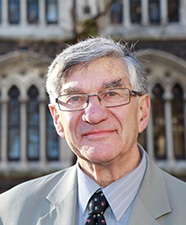
Jim Mann
Professor in Human Nutrition and Medicine, Endocrinologist (Diabetes Dr)
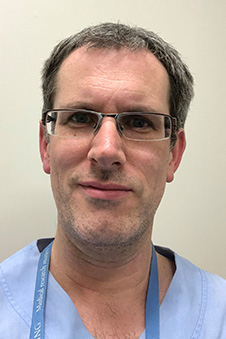
Sean Coffey
Cardiologist (Heart Dr), Senior Lecturer, Department of Medicine
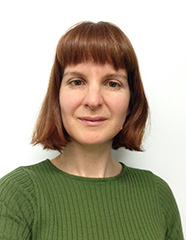
Fiona Hood
Research Nurse / Midwife, Department of Medicine
How is the research funded?
